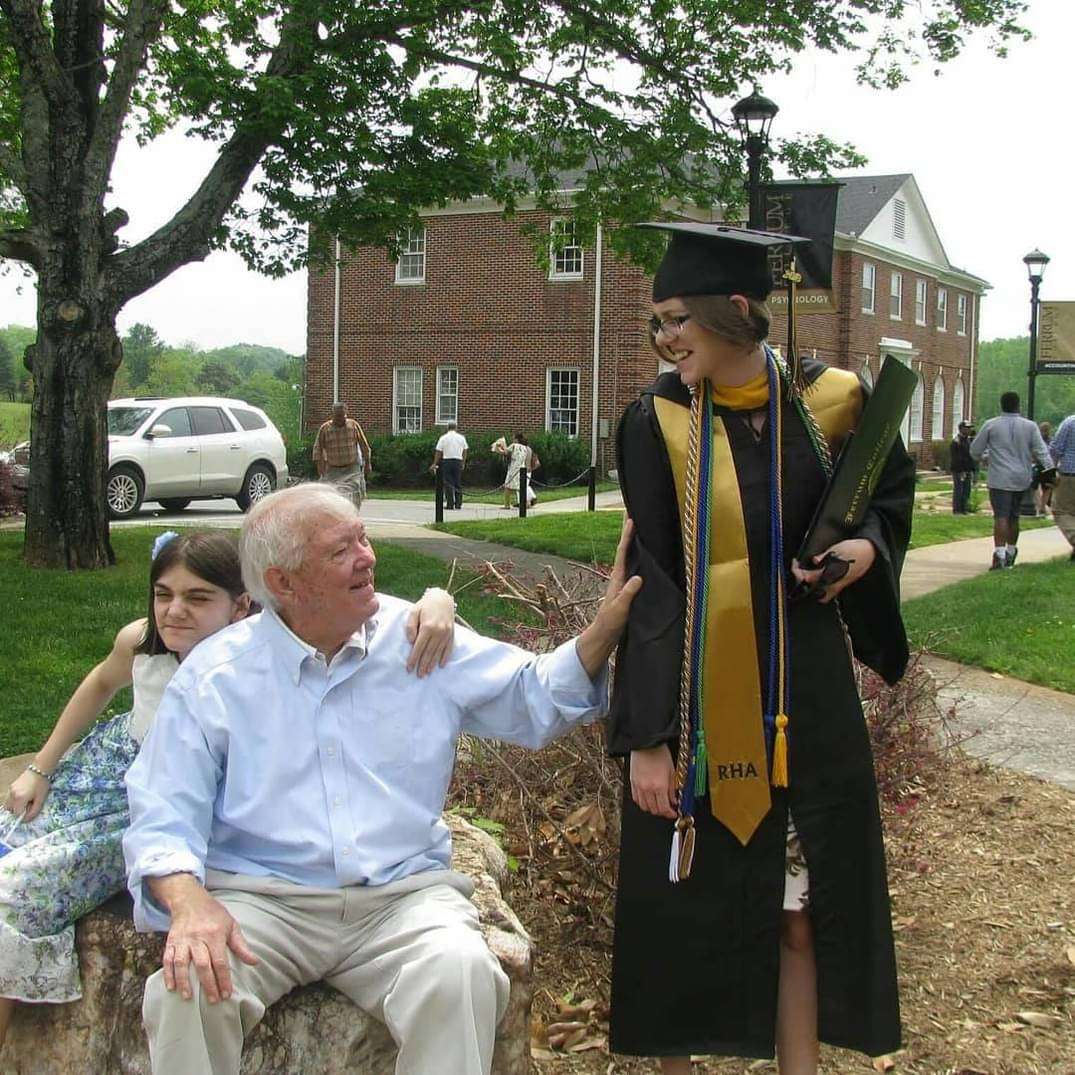Many think that wealth and corruption are synonymous in the business world.
Unless businessmen and women who’ve made millions justify their life’s earnings to the public, our society will unfairly depict them as corrupt villains.
In order to accumulate such wealth in a business, most believe, the wealthy few must have taken advantage of someone or something during their quest.
It’s ironic how popular the hatred of “big business” is in our culture because we exclude entities we wrongly conceive as a non-business, like the National Football League.
Consider the most visible heroes of today and what Americans are most passionate about.
Many of those American heroes are either professional sports figures or professional sports teams.
Everyone knows who Michael Vick is, that Tom Brady plays for the New England Patriots and that billionaire Jerry Jones owns the Dallas Cowboys.
Millions upon millions of people buy their favorite teams’ jerseys and other items to proudly display their fan spirit.
People will literally fistfight over their favorite NFL teams — fans are that passionate about them.
Now think about those who our generation most despises.
We point to the corruption of Bernie Madoff or to the unethical business practices of Enron.
Everyday people are cursing those who decide our gas prices.
We are spiteful towards billionaires like Bill Gates and Steve Jobs only because of their wealth.
We despise most of our politicians, especially cruel Republicans.
We believe lawyers take advantage of people’s adversity, insurance agents are shady and both of them make lots of money by ripping off people who believe their services are worth much less.
Who we hate and who we love is an enigma.
Most anyone can work for a business, which we hate, whereas only a few talented and gifted individuals can play in the NFL, which we love.
The latter has no employee rights and players are treated like slaves whereas the former employees work in an environment with plenty of rights.
The U.S. government has slapped law after law on the public and private sectors to make sure they engage in ethical practices.
We have child labor laws, minimum wage laws and affirmative action laws to ensure everyone has a chance to work in the business world.
Many businesses have unions offering their employees job security and retirement pensions.
Compared to China or India, the United States has made more progress with humanitarian and ethical reforms in their private sector.
Can anyone honestly say that the NFL owners practice ethics in their business?
CBSSports reported the 2009 average player salary in the NFL is $1.8 million.
That’s chump change compared to NFL owners having 16 members in the billionaire club out of 31 privately owned entities.
Even more staggering is the average worth in 2010 of the 32 teams, which is $32.9 billion.
It’s hard to argue there’s an ethical salary distribution between owners and players.
Not to mention how many rights the players don’t have as employees compared to the rights the employees have in the private and public sectors in America.
In order to make it into the NFL, the players have to go through a grueling and demeaning process called the Combine.
During the Combine potential rookies have to strip to their underwear in front of hundreds of scouts and cameras to get weighed, to get their body-fat percentage taken, and to show the pro-scouts and media their body build.
They go through over 20 interviews with potential teams where they have to answer humiliating questions.
An example of this is Dez Bryant, wide reciever of the Dallas Cowboys, when he was asked by several teams during the Combine if his mother was a prostitute.
Once they get drafted by a team, players realize they don’t have any rights as employees either and are constantly humiliated.
As soon as they lose any athleticism or they suffer an injury, they’re cut from the roster, losing millions of dollars.
If owners see an opportunity to better their team, and, in turn, better their revenue, they could trade a player to a different team in a different city regardless of the player’s family situation.
Players are then forced to buy or rent a new house, put their kids into a different school district, and help the rest of their immediate family find work.
Watching the NFL is like watching Roman gladiators fight to the death in an arena so the nobles can have their entertainment.
Fans are bloodthirsty and owners are greedy. Fans want more hits, more fights and more violence.
Regardless of the athletes’ health, the owners will sell the product that feeds fans’ appetites.
Head injuries are at an all-time high.
Retired players are dying unexpectedly due to unforeseen injuries and debilitating diseases occurring while playing the violent game of football.
For years retirees have been fighting in federal courts to increase their medical and financial pensions, which the league and the owners have been tight-lipped about.
When the NFL players’ union does fight for collective bargaining rights, the public always sides with the owners for the selfish reason of not wanting their favorite team to be off the air.
The NFL media and owners paint a picture for the public of how the players are ungrateful and greedy.
Players get enough money and fame that they need nothing else, owners’ say, and the selfish public wholeheartedly agree with this position.
Many have learned the history of the labor disputes in the steel industry in the late 1800s.
Andrew Carnegie, one of the wealthiest men in the world at the time, shut out his employees from their work.
Despite publicly supporting unions, Carnegie believed that his mills were less efficient and less productive because of unionization.
The intense dispute became so violent there was bloodshed when Carnegie ordered the Pinkertons, a strike-breaking group, to control the unruly mob of strikers.
We’ve condemned Carnegie for his oppressive reign during that period.
Yet we applaud the billionaire NFL owners and the NFL commissioner for their tough stance against the millionaire players union.
Fans want two more games for their selfish enjoyment.
Yet mountains of medical information explaining how dangerous the game has become for the players.
Many retired players are permanently disabled or even dead with little to no help from their employer’s pension.
The public stands behind the NFL.
But they consider Carnegie a villain for a basically parallel situation.
How could we possibly paint the business class so negatively and the NFL so positively?
The former is bound by ethical laws and standards while the latter follows no laws and has become so unethical that it’s tyrannical.
It’s hypocritical for the public to criticize the business world when the NFL, one of the most powerful businesses in the country, is run autocratically with no questions asked and loads of selfish support from the same American public.
Big business, the NFL and the enigma
Story continues below advertisement






lol • Jan 9, 2013 at 9:45 am
lol